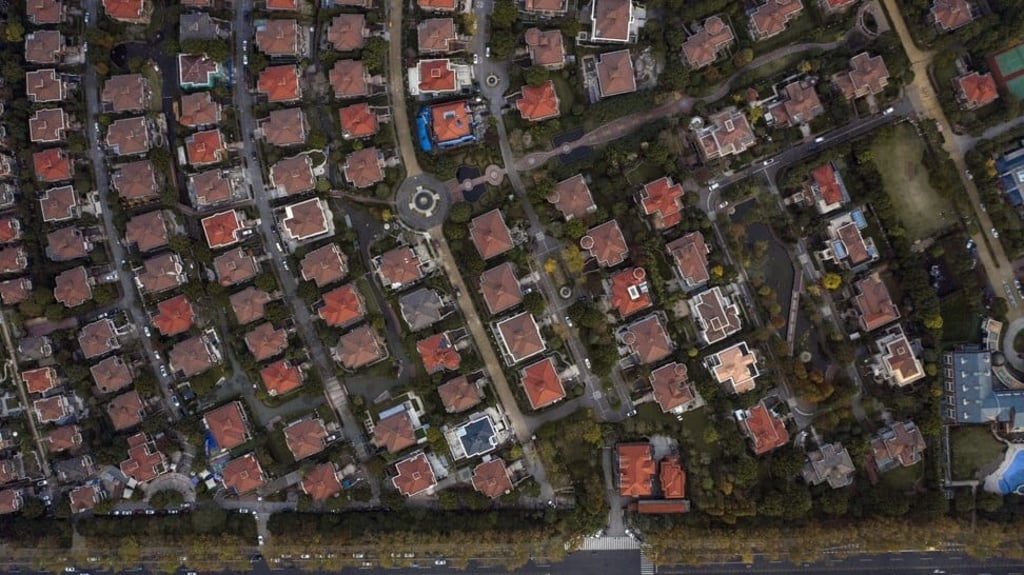Global property prices set to lose upside momentum on negative policy shock and China slowdown
- Higher interest rates and market-cooling measures likely to slow price-gain momentum in the coming months, Knight Frank says
- Property stocks have been rallying this year, regaining all of the losses triggered by the pandemic, based on an S&P index

The Global Residential Cities Index, which tracks prices in 150 cities, is likely to peak in the next 12 months, with cities recording double-digit gains likely to suffer more as central bankers have begun to dial back near-zero rate policy, according to consultancy Knight Frank.
“Housing markets have more room to run, but we are moving into a new phase of tighter monetary policy which will deflate any bubble talk,” said Kate Everett-Allen, head of international residential research. “Demand will start to wane as pandemic-amassed savings diminish and as monetary policy tightens,” she added in a separate report earlier this month.

The S&P Global Property Index, which tracks 852 companies with a total market capitalisation of US$2.3 trillion, has risen 11 per cent this year, regaining all of the slump caused by the Covid-19 pandemic, according to Bloomberg data. The gauge, launched in December 1992, has since declined from a record set last month.